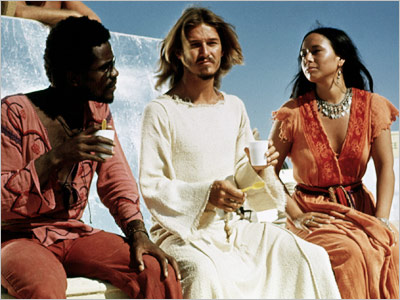RATING: 60%
Despite being the product of a White warmongering imperialist; hating the dithering of politicians during peacetime and their interfering in operational matters during wartime, as well as being written from a position of great class resentment - this is a welcome, if White supremacist - antidote to the usual propagandist and heroic-myth nonsense perpetuated in Anglo history books about the Second World War.
A serious and largely-credible critic of the first three disastrous years Great Britain tried to beat the Germans on land and, for their pains, suffering only setbacks, defeats and an ignominious evacuation (among others withdrawals) disguised - for propaganda purposes - as a miracle. The problem for a micro-managing UK prime minister like Winston Churchill, was his need of a political victory against the Germans in order to stay in political power - regardless of the military risks involved.
The need to create myths of national survival against all odds has meant that propaganda is still very much evident in contemporary White history books, despite the fact that the main battlefield in World War 2 was the Russian Front and, thus, the main victor, the Soviet Union.
The book is also a criticism of the years of disarmament between World Wars 1 & 2, of which Churchill himself was partly to blame, and of the Western tendency to scapegoat others - as Neville Chamberlain was scapegoated as an appeaser - when he was one of the first to realize that rearmament was necessary to face a resurgent Germany.
The author understands that modern wars are not fought to rid the world of dictators and evil people, but to make sure that the dictators and evil people we approve-of remain in power. Adolf Hitler was thus a threat to the British political interest in the status quo of a balance of power in Europe; allowing them free rein to pursue their imperial exploitation. Defending Polish sovereignty, saving the Jews, defending democracy (within the context of an undemocratic British Empire) and the right of self-determination of small nations were mere pretexts to wage an unavoidable war with a despot intent on rocking the boat. In democracies, the general populace needs a pretext since it is not going to be the beneficiary of the status quo unless its life is threatened. This is why enemies are always presented as baby-bayoneting sub-humans to get the poor to risk their lives for the further enrichment of the already-wealthy - and as a means for the Establishment to avoid class conflict by creating a false national unity.
But the author's criticism is repetitive (as the critiques made by the powerless so often are), as if he does not fully believe his own thesis and hopes that repetition will grind down the reader's intellectual defenses - much like the techniques used in the propaganda he so vigorously criticizes. Moreover, like a child obsessed with toys, he does not really understand the geopolitics he so often condemns; while presenting reams of technical data about planes, guns and tanks that reveal an immature preoccupation with the means of waging war rather than far more important issues such as cost and outcome.
Like Hitler, Churchill was an armchair brigadier; feigning military experience and know-how; whose arrogant, micro-managing and autocratic tendencies could have lost Britain the war. The UK Royal Army was greatly inferior to the German Wehrmacht - especially in terms of flexibility and resulting effectiveness. Few battles were won against them and the Germans only lost because Hitler's self-destructive tendencies led him to take on too much; three wars: In Europe, in Russia and against the USA.





